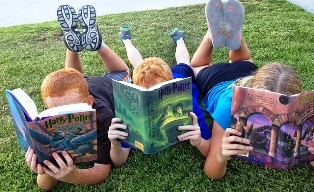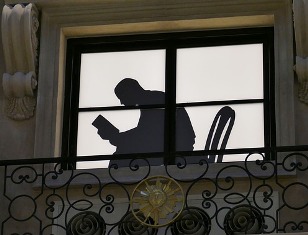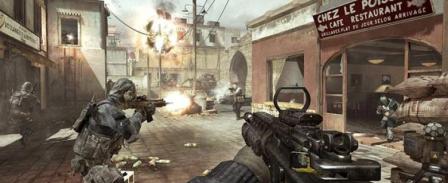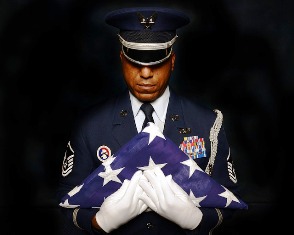Writers are Proud Solitaries

Writing is a solitary business. Writers build offices, private “caves,” or special hideaway places to where they can retreat and live in worlds they create and with people they birth. These absences might be for a few minutes, a few hours, or become the hibernation of an entire year, depending on the writers and their projects.
Plenty of writing pundits offer advice on this solitude. Some will declare that such time away is necessary and must happen if a writer is to succeed. Other experts will shame writers declaring that withdrawal into a special, private place is self-indulgent nonsense and unnecessary. Other authors – best-selling trendsetters – use their success to guide and direct authors for or against this solitude. Right or wrong, what is the “write” way?

There is no one way despite all of the voices who declare they know.
I would like to offer that the solitude is a writer’s singular choice. Personally, I believe every writer needs a designated space designed for that writer where creation and imagination are the primary purpose. Just as the office worker has his or her own desk and space (even a cubicle), so does the writer require a designated space. This special “corner” announces “this is my work,” and must be respected. This special place gives a writer a sense of purpose and a private place to meet that purpose. As I said in the beginning, writing is a solitary business and should be treated as a business.
But I must also insist that though the writing work is done in solitude, writers cannot afford to live their lives alone. I don’t mean the kind of singleness that comes with living alone. Your living status, marital status, or sexual need isn’t what I mean by alone. Writers require contact. Writers need people.
And how, you ask, does that meet up with the solitary writer?

You see them in the coffee shop, libraries, on the grass under a tree — the writer working on a laptop, or writing in a notebook, earbuds or headphones on. These are solitary writers but they are not truly alone. They come out of their writer caves to mingle, to find like folks and get understanding smiles, to listen to stray conversations, and generally to observe behaviors. Writers need input to keep their work interesting and the best way to get it is to emerge into the world and be with the very people that end up as characters in the stories and novels readers come to demand.
My attitude is authors need people. They don’t always WANT them, but they – we, me – NEED them. People are fodder (sorry, not flattering, but true). And writers want to observe and listen in their solitude place, separate and alone. That doesn’t mean no socializing because writers certainly know how to “get down and dirty” with the rest of the world. But writing can only be done alone (even sitting in a crowd of people, the headspace is solitary).
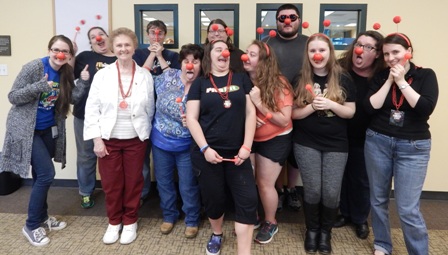
(Beloved writers who are fun-loving cut-ups)
Wait, you say, there are writers who chose to be alone and without people!
Yes, there are writers who opted out of public life and chose seclusion instead: Bill Watterson (author of Calvin and Hobbs), Emily Dickinson (author of many books after death), Harper Lee (author, To Kill a Mockingbird), and JD Salinger (author, Catcher in the Rye). Add to the list William Faulkner and Edgar Allan Poe. Some will want to argue that they were solitary and reclusive because of fame, but for most of these writers, this would be patently untrue. And if you don’t believe they mingled despite their hermit lives, then you would be wrong.
Perhaps writers are life’s lurkers. They keep to their space and fringe walk with others.
So here’s my advice to you. Create that private sanctuary, the cave, the office or even just a corner, were the writer in you can imagine and create. In in a house with kids and pets, you need a quiet singular place to call your own where magic can be born. Then use it. Sit yourself in this space but do not petrify there. Go out and be in the world. Interact. Observe. Remind yourself what the pulse of the world feels like. Listen and feel the rhythm of many voices, young and old. Mingle, breathe, touch. Be one with your living world and then be only from it.
Writers need input. But in the end, writers MUST have solitude. It is who we are, it is what we are.
We are the Solitaries and we are proud!

Thank you for stopping by. Let me know your habits and share what you’re working on. Now I’m off to find some people to listen to and spice up my book’s conversation!
I remain, Yours Between the Lines,
Sherry

















